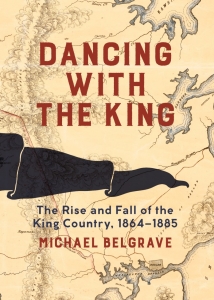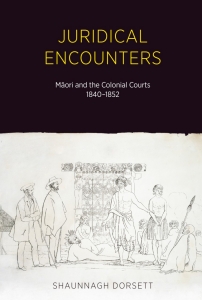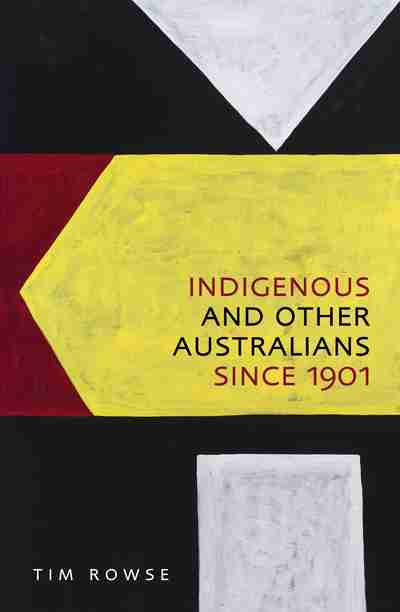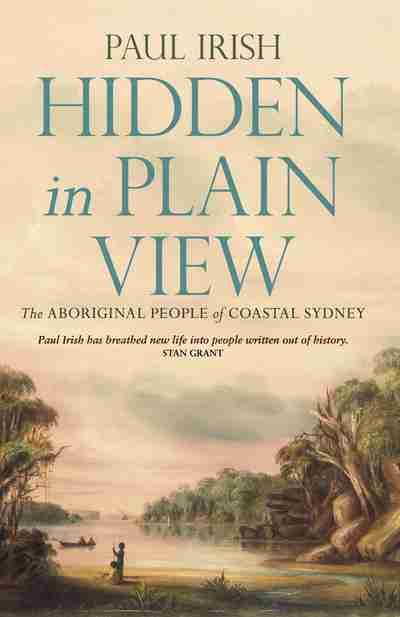2018 Ernest Scott Prize shortlist announced
The 2018 Ernest Scott Prize for History is awarded annually to the book judged to be the most distinguished contribution to the history of Australia or New Zealand or to the history of colonisation published in the previous year.
This prize is proudly supported by the History Program in the School of Historical and Philosophical Studies, Faculty of Arts at The University of Melbourne.
The judges are: Dr Lisa Ford, Associate Professor in History, Deputy Head of School Learning and Teaching, School of Humanities and Languages, University of New South Wales and Chris Hilliard, Professor of Modern British History, Chair, Department of History, The University of Sydney in consultation with the School of Historical and Philosophical Studies.
The winner will be announced following the Kathleen Fitzpatrick Lecture in history on Thursday 19 April.

Michael Belgrave, Dancing with the King: The Rise and Fall of the King Country, 1864-1885 (Auckland University Press)
After its defeat in the Waikato War in 1864, the Kīngitanga, the Māori King movement, withdrew to the territory that settlers called the King Country. It was a de facto Māori state, and 'opening it up' to settlement was a longstanding goal of the colonial government. Michael Belgrave’s book traces the decades of negotiations between the crown’s agents and the Kīngitanga’s leaders. The extended, sophisticated arguments about land and power over many years are pieced together with insight and sensitivity. Belgrave reconstructs these negotiations from a wealth of source material in English and te reo Māori. The book's immediate sources are accounts of hui and court hearings recorded in official documents and recently digitised local newspapers, but the achievement of Dancing with the King also rests on decades of intimacy with New Zealand history. More information...

Shaunnagh Dorsett, Juridical Encounters: Māori and the Colonial Courts, 1840-1852 (Auckland University Press)
This is an outstanding work of legal history that illuminates the wider process of colonization. Its subject is Māori before the courts in New Zealand’s crown colony period (1840-1852). This is an important period in New Zealand history, and the experiments in legal pluralism that it gave rise to have made this moment in New Zealand history of significance to scholars of law and imperialism generally. Dorsett combines an authoritative grasp of the jurisprudence of jurisdiction with magnificent empirical research. Drawing on resident magistrates’ court records and fragmentary reports of cases in the early superior courts, Dorsett is able to present a comprehensive accounting of Māori appearances before the courts in this period. She uses this evidence to analyze Māori encounters with the colonial legal system, civil as well as criminal, and to make broader arguments about the relative legitimacy of British law and how its usefulness to Māori in certain circumstances helped establish the settler order at a time when the coercive powers of the state were weak. More information...

Tim Rowse, Indigenous and Other Australians since 1901 (NewSouth)
This book's straightforward title is, remarkably, entirely accurate. A book of amazing scope, Indigenous and Other Australians since 1901 examines the place of Indigenous Australians in all the major aspects of the purported 'single field of life' (W. E. H. Stanner's phrase) that the Commonwealth sought to call into being from 1901 onwards. Tim Rowse examines not just policy, but also more or less ordinary people's experiences; he manages to combine informative overviews with arresting interpretations at the same time. This is a synthesis grounded in decades of deep research and a career of voracious, uncompromising reading, but it is much more than a survey. Indigenous and Other Australians since 1901 combines the conceptual and the concrete, and there is a real zest to Rowse's reflections, both on the past, and on present-day history. There is much in it to unsettle. This is a book that everyone working in twentieth-century Australian history should read and reckon with. More information...

Paul Irish, Hidden in Plain View: The Aboriginal People of Coastal Sydney (NewSouth)
Paul Irish's book is a triumph of historical and archaeological research that brings into relief the enduring Aboriginal communities of the coast in and around Sydney. Hidden in Plain View challenges assumptions that few locally affiliated Aboriginal people continued to live around Sydney’s littoral after the first stages of colonisation, or that if they remained they no longer followed recognisably Aboriginal customs and ways of life. After the effective end of armed Aboriginal resistance in Sydney, Indigenous people continued to develop cross-cultural relationships with European individuals and families on their own terms. Irish vividly evokes the relations between Indigenous people, missionaries, and settlers along the coast, mapping Indigenous people's travels around the Sydney region and through the slums of the city as well as its rivers and beaches and showing how Aboriginal people forged ways of coexisting with the rapidly expanding city over the course of the nineteenth century. More information...
Congratulations to all of the short-listed authors.
For more information on the prize, visit the Ernest Scott Prize web page.